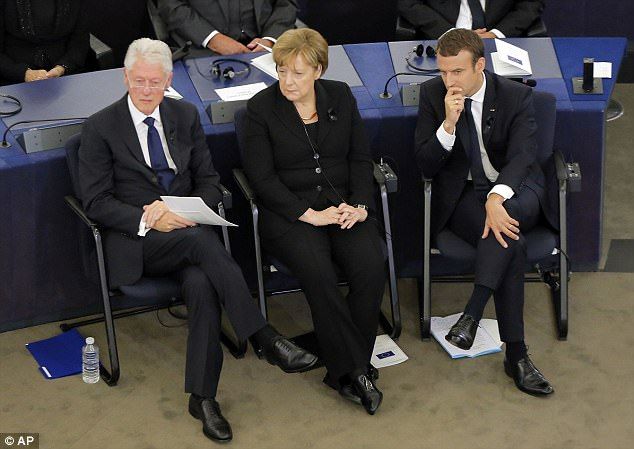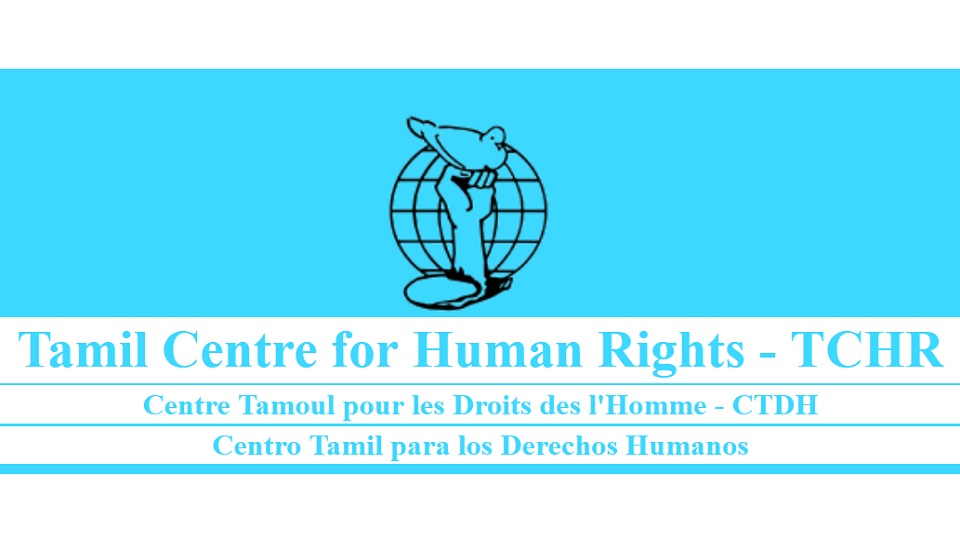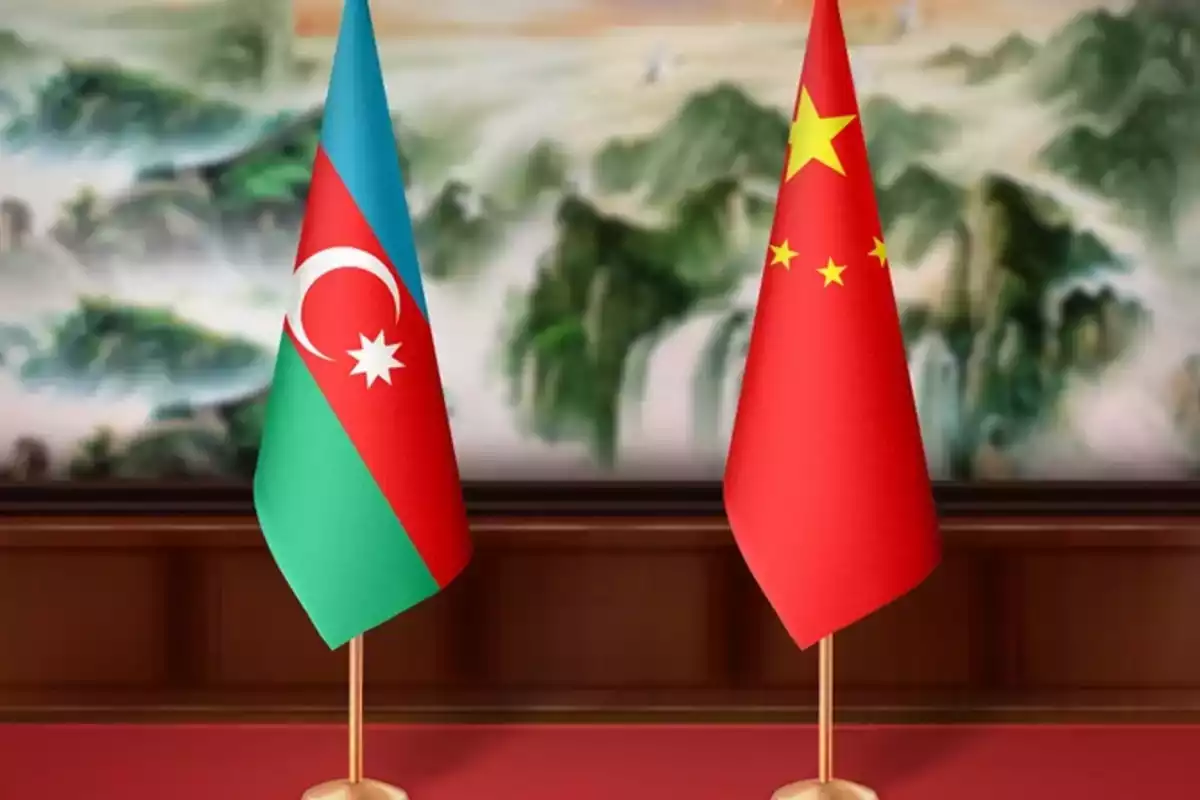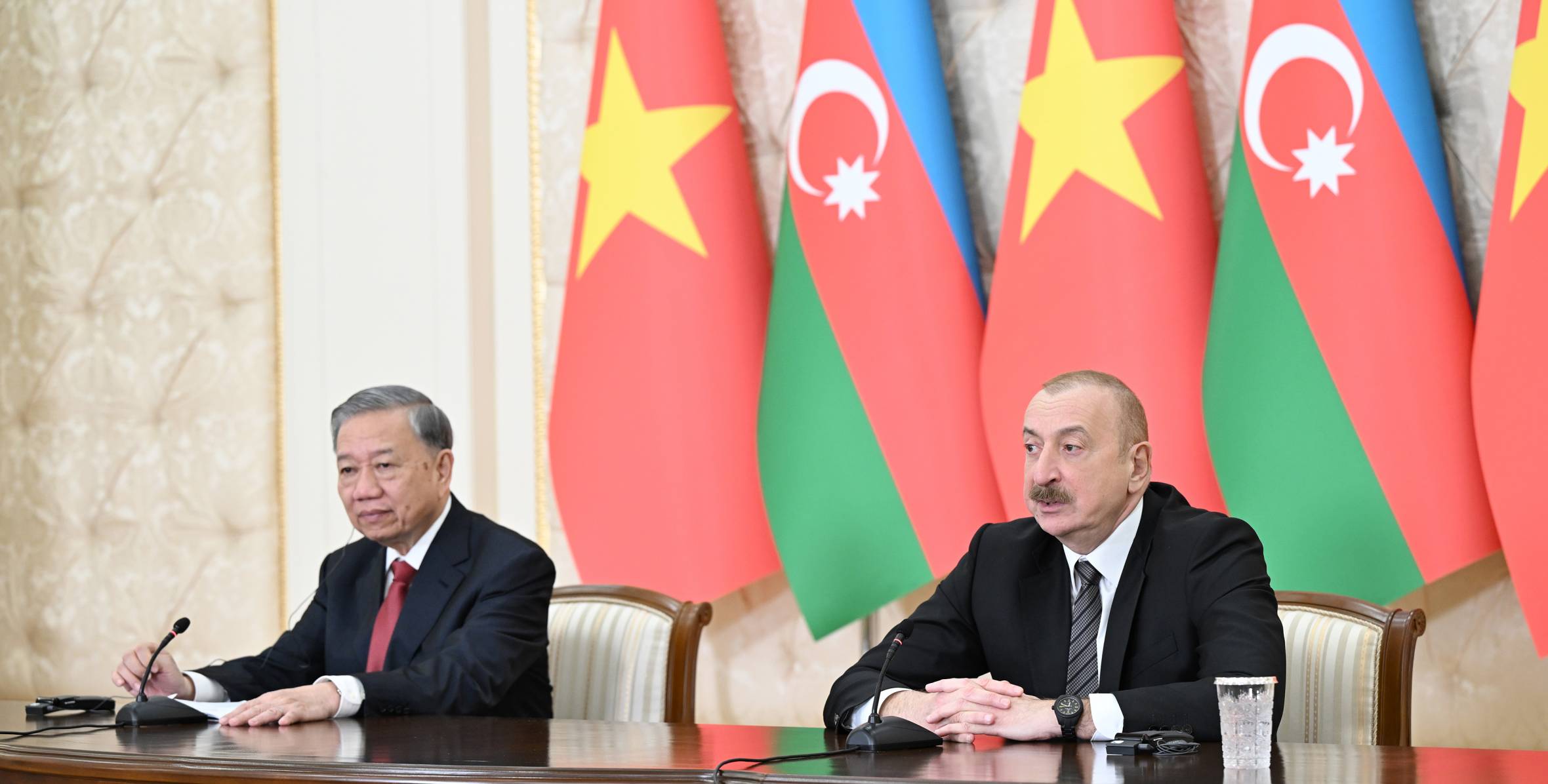Political leaders across Europe and former US president Bill Clinton have paid tribute to late German chancellor Helmut Kohl at the European Parliament.
Leaders including Emmanuel Macron, Theresa May and Angela Merkel joined mourners at in Strasbourg to pay hommage to Kohl, widely dubbed the 'father of German unification'.
'Helmut Kohl was a true European and a friend. Europe owes him a lot,' said European Commission president Jean-Claude Juncker, the only current leader in Europe to have worked alongside him.
Kohl's 'legacy in Europe is enormous,' he said, adding he was speaking primarily as a friend of the German political giant who died aged 87 on June 16.
During his 16-year term as Germany's leader from 1982 to 1998, Kohl spearheaded his country's reunification in 1990 and was an architect of the continent's common currency, the euro.




Former US president Bill Clinton said: 'Helmut Kohl gave us the chance to be involved in something bigger than ourselves'.
Mr Clinton also cited Mr Kohl's willingness to put international co-operation before national interests.
Chancellor Angela Merkel, who served as a minister under Kohl in the 1990s, remembered Kohl as an at-times controversial figure with numerous enemies.
She said: 'I could tell you stories as well... But all that paled in comparison to his life's achievements.'
'The lives of millions of people would have been a lot different without Helmut Kohl - including my own life,' the former East German said.
'Dear Helmut Kohl, thanks to you I'm standing here today. Thanks for the chance that you made possible for me and many others.'
EU parliament president Antonio Tajani said Mr Kohl deserved 'a place of honour in the European pantheon' for unhesitatingly extending the hand of friendship to fledgling democracies in eastern Europe after the fall of the Iron Curtain.
The high profile memorial lasted around two hours, after which Kohl's casket was flown by helicopter across the Rhine to his hometown of Ludwigshafen.



There his body was later carried in procession before being transported by riverboat to his final place of rest in Speyer.
The resting place of many rulers of the Holy Roman Empire, itself a Europe-spanning polity, Speyer Cathedral was seen by Kohl as a symbol of European unity.
The ceremony concluded with the German national anthem and excerpts from Beethoven's 9th symphony 'Ode to Joy', used as the anthem of the European Union.
The proposal to hold a European ceremony was enthusiastically advocated by Juncker, and by Kohl's second wife Maike Kohl-Richter, who survives him.
His sons, however, will boycott the Cathedral's funeral mass, since their father will not be laid to rest alongside Hannelore Kohl, his wife of decades.
On Friday, Kohl's son Walter called the plans for his father's funeral 'unworthy' of a man considered the father of German reunification, further inflaming a family feud with his stepmother.
'I find the latest developments not worthy of my father, nor of Germany and Europe,' said Walter, 53, who with his brother Peter are from Kohl's first marriage.
In an interview on the weekly Die Zeit website, Walter Kohl criticised the lack of national funeral services, which were refused by his stepmother Maike Kohl-Richter.


He also complained about the choice to bury his father in a cemetery in Spire in southwest Germany and not the family tomb in the town of Ludwigshafen, where Kohl died.
Those decisions were made by Kohl-Richter, 34 years her husband's junior, whom he married at age 78.
The funeral plans for Germany's longest serving post-war leader include the European ceremony in Strasbourg today.
German Chancellor Angela Merkel, French President Emmanuel Macron and former US president Bill Clinton are all due to speak at the ceremony.
Kohl's body will then be taken to the Spire cemetery and his son says he will not take part in the burial.
Walter Kohl had wanted his father's casket to be taken to the German capital for 'a national hommage, an ecumenical requiem and a military farewell ceremony' near the Brandenburg Gate, where the German leader had witnessed the fall of the Berlin Wall in 1989.



Kohl is hailed as the father of Germany's 1990 reunification, having convinced Western partners and Russia's Mikhail Gorbachev that Germany's capitalist west and communist east must become one nation again.
Because of a long-running feud with Kohl-Richter, whom the German press say jealously guards her husband's political legacy, Walter Kohl had not had contact with his father for many years and learned of his death on the radio.
In a best-selling book, he told of his sufferings in childhood living in the shadow of a political giant who was for him an absent father. (Daily Mail)










